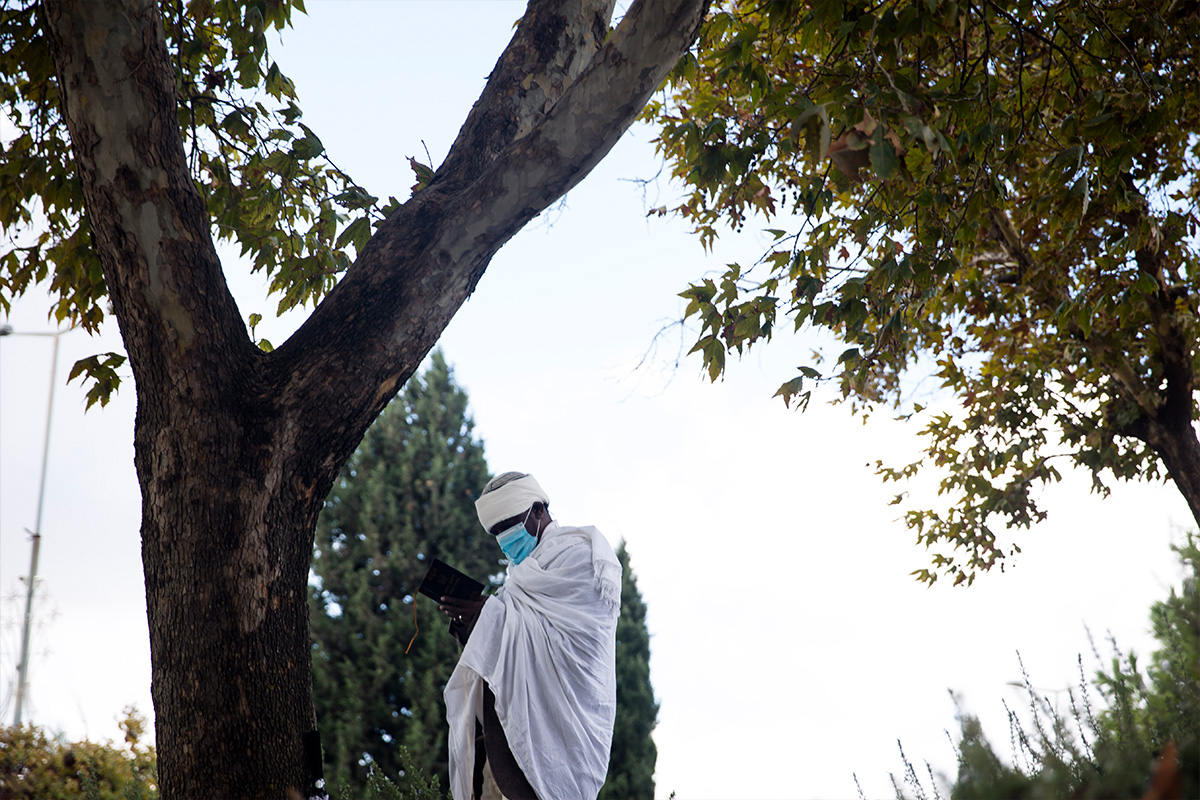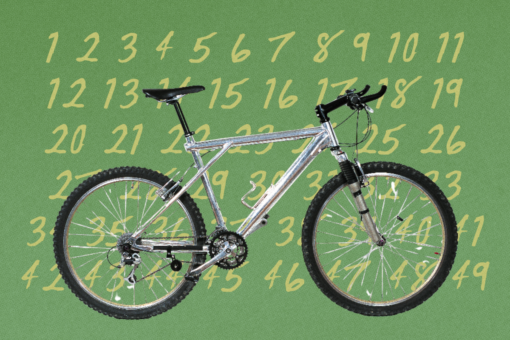Fall has always been one of my favorite seasons. My allergies are nearly gone, the temperatures are cooler, the sun sets earlier, and frankly, some of the best secular and religious holidays occur, Yom Kippur, Halloween, and Sigd being among my favorites.
As an Ethiopian Jew, Sigd is a holiday that has always come with deep, personal meaning for me, but this year, I can’t celebrate it without holding the violence that countless in Ethiopia are enduring at the hands of an uncaring regime and ethnocentric violence.
Sigd means “to prostrate” in Ge’ez, an ancient Ethiopian Semitic language. It’s a holiday that marks when Moses came down from communion with the Divine. The holiday begins the night of the 28th of the Hebrew month of Cheshvan and is marked by ascending a local mountaintop while fasting and culminating in a festival following prayers, prostration, and reading from the Torah. Historically, this has been a time for the disparate communities of Beta Yisrael to also reconnect and even matchmake in the mountains of what is now Ambover, Ethiopia.
But this Sigd, I can only think of the land that countless generations of my ancestors called home and my people who are currently suffering.
For over a year, the Ethiopian government — with assistance from Eritrea and other collaborators — has been committing atrocities against Tigrayans while ethnic tensions between Oromo and Amhara have erupted into outright ethnic cleansing. A just-published report by the United Nations found that all parties had “committed violations of international human rights, humanitarian and refugee law, some of which may amount to war crimes and crimes against humanity,” to varying degrees.
I’ve spent more nights than I care to remember sleepless and in abject fear as I struggle to show up for my loved ones with family being directly targeted, trying to get information out while the government attempts to silence journalists, and just plain worried for loved ones. The violence that is occurring is a direct result of ethnocentrism, neoliberalism, and feudalism that can’t be separated from the systemic violence of the status quo as it exists not just in Ethiopia but on a global scale.
It is not and will never be enough to simply decry when something is wrong; we are called from our overarching Jewish tradition to actively and vigorously uphold what we know on a base human level to be right, and not to sit there with the weak defense of claiming the situation to be too “complicated.” It is our duty to show up for others, especially those undergoing extremes, and it is just as important to take time to assess how you show up: Are you listening to those affected? Are you holding space for criticism? Are you decentering yourself?
When violence and exploitation are the rulers of the day, then it is a horrifying reality that the marginalized will be most vulnerable. In Ethiopia, Jews have historically faced extreme economic repression under the monarchy and the Church. It is still illegal for Jewish and Christian dead to be buried in the same cemetery due to the claim that we defile graves. In fact, one of the words most commonly used for Beta Israel, “Falasha,” is a derogatory slur that Christians applied to us as a claim that we are invaders and foreigners despite Jews predating their existence in Ethiopia.
Meanwhile, in Israel, we face anti-Black racism that isn’t far off from what you’d experience in many places, combined with religious bigotry. Many Ethiopian Jews in Israel have been pressured to take up traditions that are not part of our own culture, either out of duress from the Rabbinate or simply because we are unable to practice our own traditions due to accessibility.
Growing up with the identities I hold in a settler colony, the so-called United States, I can’t help but think about how none of these exploitations are divorced of another. And it’s times like these, during a holiday when I should be able to celebrate my culture and history freely, that I feel weighed down by the systems that uphold these oppressions.
I don’t have the answers for most things, but I know enough to be able to point that the only way forward is with honesty. I wrote this because I am exhausted and terrified; I’ve been that way for a long time and now it’s time to voice that. I am displaced, a child of Diaspora who is both too foreign for where they come and too foreign for where they are and while that’s difficult to reckon with, it has also proven to be a major source of strength.
This Sigd, I encourage all Jews to think about those of us still displaced, still fighting for our rightful place in our communities and our homes.



